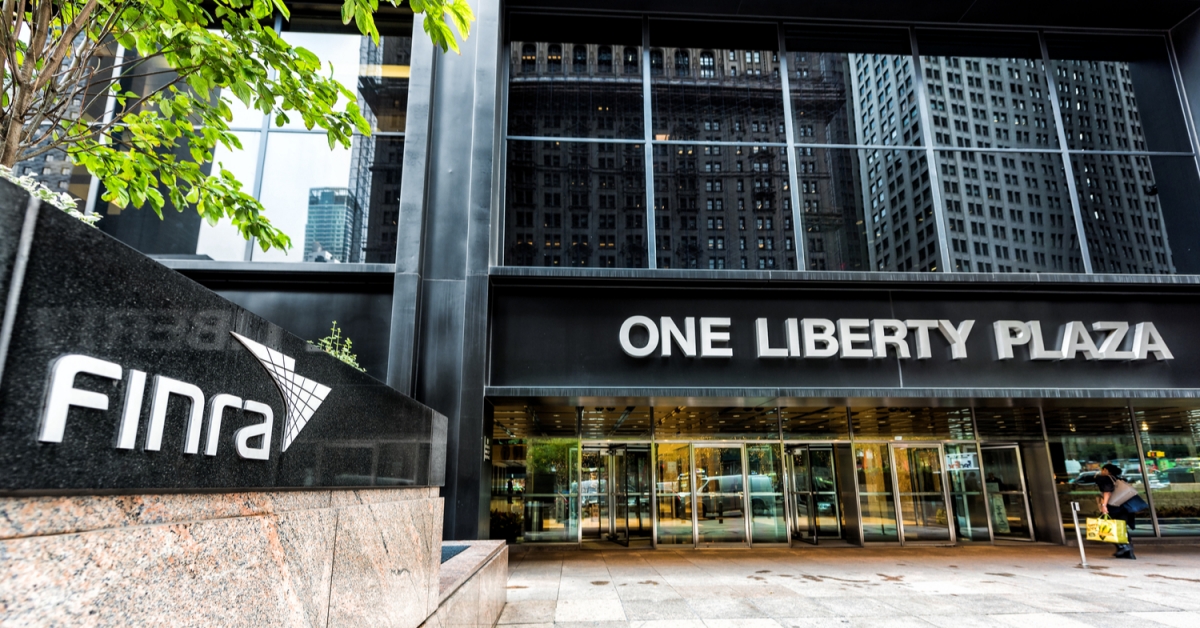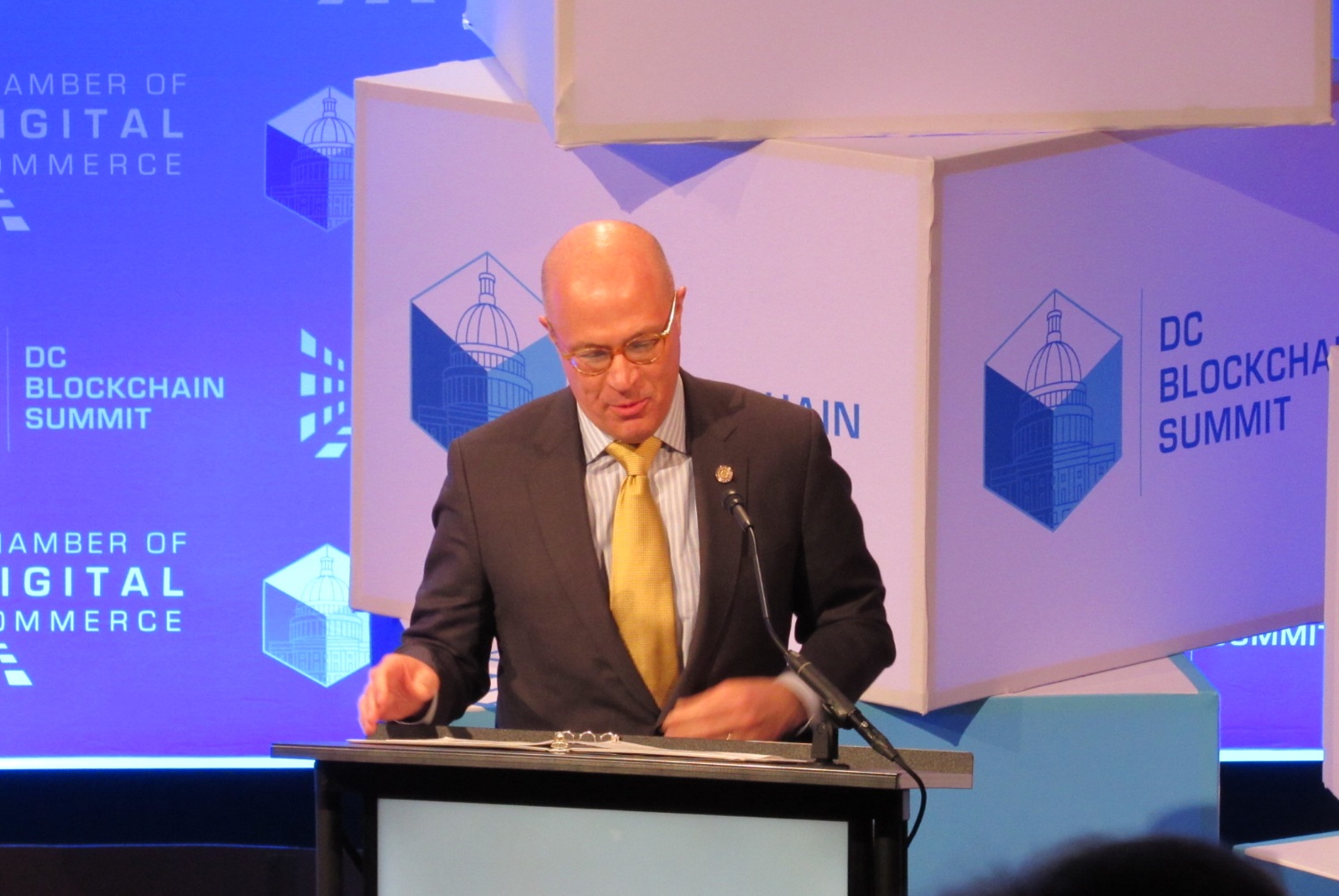The True Value of Web3: You Can Take Your Toys and Leave
/arc-photo-coindesk/arc2-prod/public/LXF2COBSKBCNHNRE3WTK2BZ7GE.png)
Until recently, when users landed on the Roblox website, they were greeted with a proposition: Earn Serious Cash. It seemed straightforward enough. Sign up, create digital goods and build virtual experiences to sell to other players, and get rich. But as many millions of hopefuls have learned, it’s actually really hard to make money as a Roblox developer. So hard, in fact, that a mob of angry parents slapped the company with a class action lawsuit calling out its exploitative fee structures that prey on the platform’s player base, of which half are purportedly aged 13 or under. And while critics focus a lot on Roblox’s low payouts and high commission thresholds, the bigger problem is that creators can’t get off the platform when they’ve had enough of its shit.
Note: The views expressed in this column are those of the author and do not necessarily reflect those of CoinDesk, Inc. or its owners and affiliates.
Almost everything in Roblox exists because a player created it, and yet those creators have little to no rights to their crop. While creators do retain ownership of their user-generated content (UGC), they also grant Roblox a comprehensive, royalty-free license to use, modify, publicly perform and distribute that content globally. Even if a creator leaves, Roblox retains rights to all content created on its platform indefinitely. This limits creators’ potential earnings and control over their IP, and prevents competitors from competing, since it’s impossible for Roblox creators to port their work over to a new platform.
Roblox, in short, is kind of like Hotel California. Creators can log out any time they like, but they can never really leave.
This is why Web3 people are always banging on about the importance of digital property rights. Without property rights on the internet, users become shackled to the Web2 platforms that amass them. When everything they’ve created and achieved, and even the community to which they belong, is owned by the platform, it’s not as simple as just picking up, moving on, and starting anew. In fact, the more value the creator creates on Roblox, the harder it gets for them to leave. It is a poignant example of the injustices of centralization online and the need for a more equitable internet that affords all users the right to take their shit and leave, if they want.
This has always been blockchain’s selling proposition. Be Your Own Bank, Not Your Keys/Not Your Crypto, and so on. These early slogans were highly financialized, since blockchain’s breakthrough feature was digital cash that allowed people to take self sovereign custody of their money. But the crux of the movement has always been about having ownership rights for your property online, so that you – and only you – can decide what to do with it. It started with banks, now we’re looking at internet platforms like Roblox. Be it money, personal information, or an avatar’s hat in the shape of an emoji poo, the Web3 vision is that those assets should be user-owned and controlled.
It’s an abstract concept for most internet users, who have lived most of their digital lives within Web2 environments, unaware of the benefits they might enjoy if they were set free by Web3. To be fair, Web3 hasn’t been particularly good at evidencing those benefits. To date, the rhetoric has been mostly anarchic, libertarian; as if the reason that we need to take control of our digital assets is because someone or something is out to get us.
In the context of video games, Web3 advocates warn players what might happen to their beloved skin or weapon if the publisher of their favorite game bans their account or turns the game off altogether. The problem is, it’s a largely unrelatable anecdote that’s met with eyerolls by the average player. To date, we don’t have a lot of good examples to demonstrate how Web3’s openness and optionality could actually elevate the user experience beyond what we already know and love about the internet. Which is why we’ve not seen a mutiny of Roblox users demanding their digital rights.
Farcaster is one example of what a decentralized social experience could look and feel like in our fabled Web3 utopia – particularly with the recent announcement that Farcaster Channels would be brought in-protocol. Previously, Channels (like subreddits on Reddit) were only available in-app on Warpcast, the most popular Farcaster client. Now, Channels will be on-chain and sovereign just like Farcaster accounts, meaning that communities built in these Channels will be owned by their creators, and not controlled by any one platform, giving them greater flexibility over ownership and economics. This move to bring UGC on-chain underscores the difference between Web2 and Web3 thinking. Web2 platforms like Roblox capture value using moats that stop users getting out. Web3 platforms like Farcaster allow users to come and go as they please, offering unprecedented autonomy, liberty and freedom for citizens of the internet.
When user switching costs are basically zero, the challenge for Web3 games like The Sandbox, Pixels and Avalon, or fully on-chain games like Downstream and Pirate Nation, is to design incentives that encourage their communities to stick around and continue reinvesting in their virtual economies of their own free will. This will require a redefinition of how to achieve competitive advantage compared to the Web2 era. Some platforms will fight against it, doing everything in their power to keep their users trapped and subservient. Others will embrace a new mindset, recognizing that an open model could deliver more value, not less. In any case, by the time users realize that the true benefit of Web3 is traveling freely and transferring value seamlessly, by then there will be no other way.
Edited by Daniel Kuhn.









